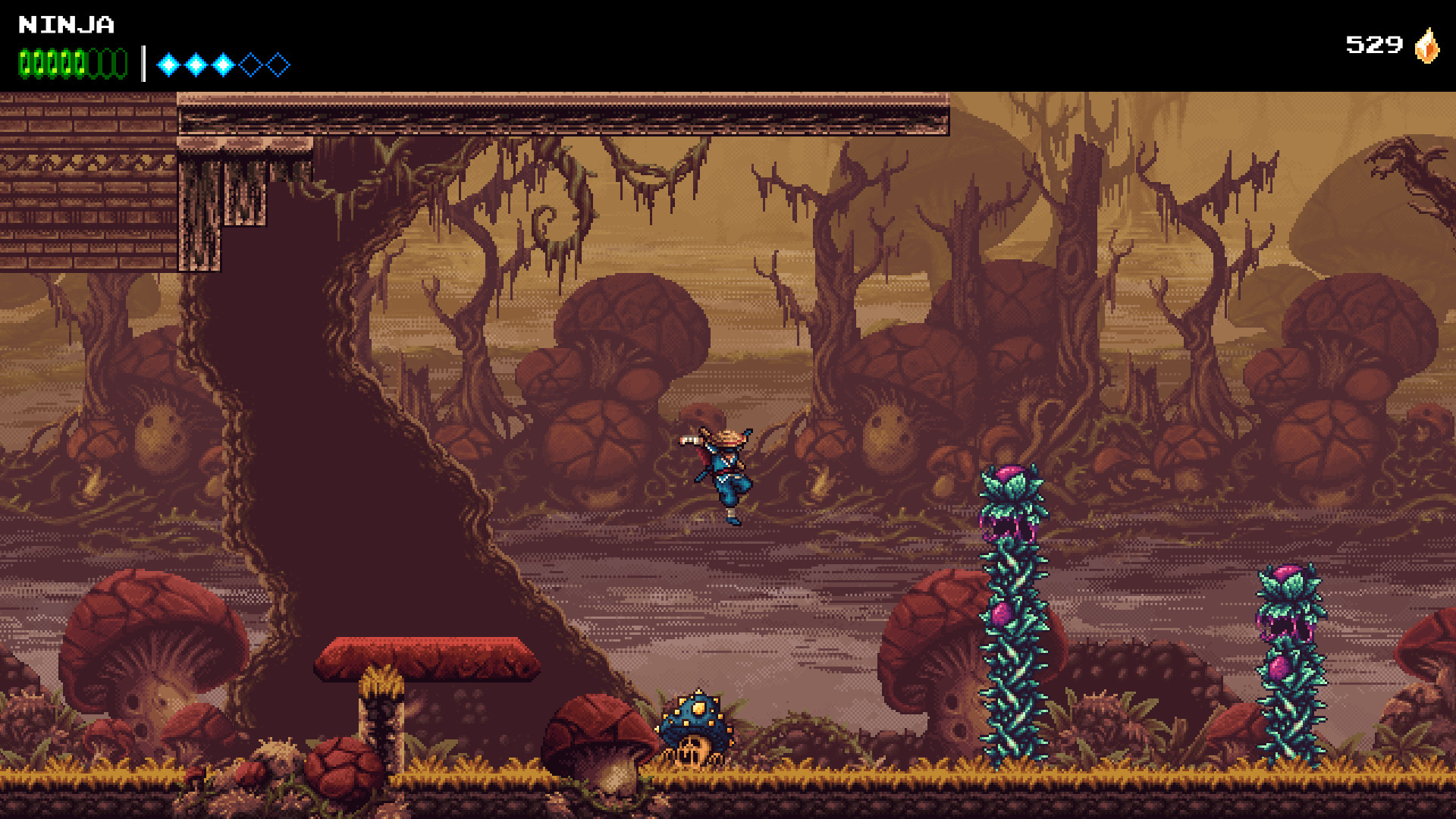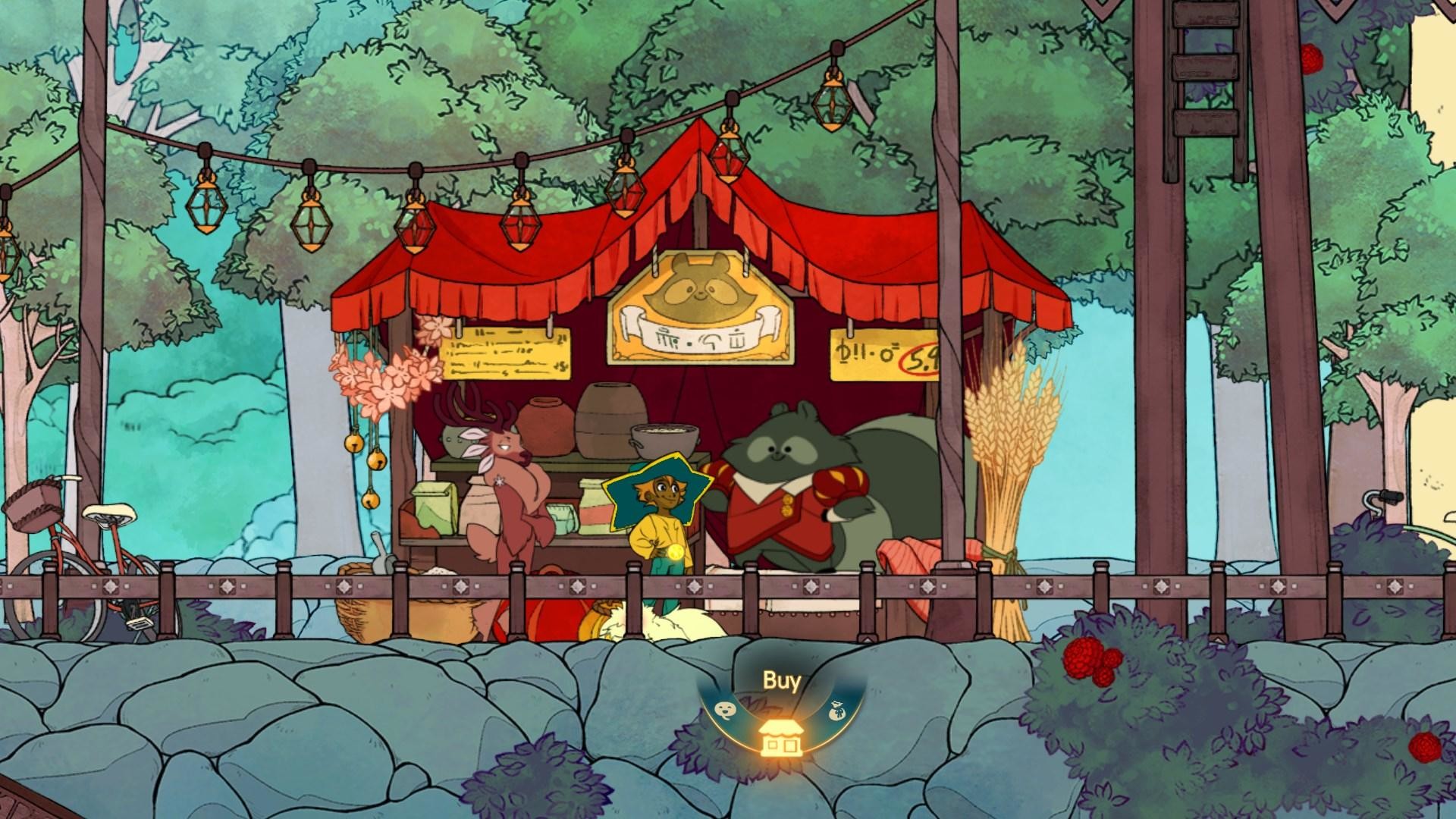Today, Canada is one of the most favorable places to create games. However, this was not always the case. Game consultant Pierre Moisan told about how the country has gone from an economic crisis to the creation of a thriving ecosystem for developers in just over 20 years. At one time, he helped Ubisoft open an office in Quebec, and today he works with indie studios.
Briefly about Pierre Moisan
- He started his career as a lawyer specializing in international contracts in the field of intellectual property.
- In 1994, Mouazan joined Megatoon, which was later renamed Behavior Interactive. Today it is the largest indie studio in Canada, best known for the game Dead by Daylight.
- After working at Behavior, Moisan founded several indie studios and then joined Ubisoft to help the company open an office in the province of Quebec.
- In 2006, he got a job at the indie studio Frima, which at that time employed only 12 people. Under Muazan, the company’s staff increased to 450 employees.
- Since 2015, he has been working as a Senior Advisor on New Media at CEIM (Montreal Center for Business and Innovation). The organization helps Canadian indie studios at various stages of development, providing them with consultations and other services for the release of games and working with publishers.
Pierre Moisan
How did gaming companies come to Canada?
In 1999, the Quebec authorities introduced a tax deduction for all foreign game studios that want to open an office in the province of Quebec. It is important to understand that before that, the Canadian economy was going through hard times — shops and other businesses in Montreal were closing, and people were losing their jobs. That is why some officials called this decision insane.
However, lobbyist Sylvain Vaugeois turned to the government with an initiative, considering the technology sector the most promising. He managed to arrange negotiations with Ubisoft, which at that time was still a relatively small French company with one hit — Rayman.
Rayman (1995)
As a result, Vozhua convinced the Quebec authorities to introduce a tax deduction, and Ubisoft became the first foreign studio to open an office in Montreal. Other companies have followed suit, including Electronic Arts, Warner and Square Enix.
The initiative was successful, and therefore local authorities soon extended tax deductions to Canadian studios. As a result, a game development environment was born in the country, which is developing to this day.
Universities began to train programmers, animators and artists, and other Canadian provinces followed the example of Quebec. Currently, a 37.5% tax deduction is in effect in Ontario, British Columbia, Nova Scotia and other areas.
“Today there are about 600 studios in Canada, which employ about 40 thousand employees. Every year they bring 4 billion Canadian dollars to the economy,” Muazan notes.
Ubisoft office in Montreal
Other ways to finance Games in Canada
There is a special CMF (Canadian Media Fund) program in the country. It is aimed at helping original projects that venture funds and banks are not interested in supporting.
CMF works as follows: the fund covers 75% of the development cost (up to 1.5 million Canadian dollars) of games that have passed a special selection. At the same time, studios do not need to risk their own money, since investments work on an irrevocable basis.
As an example, Muazan mentions The Messenger game, developed by the Canadian studio Sabotage Studio and published by Devolver Digital. This is a 2D action game made in an eight-bit style and inspired by the classic Ninja Gaiden. If not for CMF support, developers would hardly have received money to finance such a niche project.
The Messenger
As a result, The Messenger has become commercially successful, and now Sabotage is preparing to release a new game, The Sea of Stars. To do this, they raised $1.6 million on Kickstarter, as a dedicated community formed around the studio.
However, the help of publishers should not be underestimated. According to Muazan, publishers can be indispensable for start-up studios, since they have resources, contacts in the media and market expertise.
Also in the last five years, various venture funds have started to appear in Canada that want to invest in games. Some of them understand the market — including former industry workers and companies such as Embracer Group. However, there are investors who just want to make money on the wave of universal interest in games.
Muazan also notes that in recent years, large gaming companies have become less and less experimenting and operate only with business metrics. It kills creativity. As an example, he cites the successful Canadian indie game Spiritfarer, which managers of large companies would never have dared to develop.
“This game makes you think about death from a philosophical point of view. Do you think any of the focus group participants would want to play a game in which you have to think about death? I doubt it! Nevertheless, the game exists, it is beautiful and has become very successful,” says Muazan.
Spiritfarer
3 problems of the Canadian gaming industry
- Lack of qualified workforce. Due to the developed industry and the presence of a large number of companies in Canada, there is high competition for personnel. Salaries are growing every year, and it is sometimes difficult for companies to find specialists in middle positions.
- Remote work. Companies are reluctant to cooperate with specialists living in other countries. However, Muazan notes that the situation is changing, and today some studios are actively starting to work with programmers or artists remotely.
- The findability of games. Due to the large number of titles produced, it is becoming increasingly difficult for small studios to bring their projects to the audience. Publishers who have the resources to promote games usually come to the rescue here. According to Muazan, initiatives are being prepared in Canada to support local publishers.
Shifting the Balance towards Indie Studios
For a long time, large companies and only a few independent teams were present in Canada. However, in recent years, the situation has begun to change.
Situations have become frequent when experienced employees from conditional EA and Warner get acquainted at conferences and decide to make their own game or start a startup. Muazan notes that due to the consolidation of developers, more and more indie studios are appearing in the country, which eventually make bold games and turn to CMF for help.
According to Muazan, the advantage of Canadian developers is in a different mentality from other countries. Many people present Canada as too polite and sometimes boring country, and this plays into the hands of local developers.
“We are not interested in violent games with lots of shooting and explosions. Many Canadian games encourage the achievement of goals together, rather than competing with each other. Despite the fact that we are crazy creators, we share the values of politeness and mutual assistance,” explains Muazan.
Pierre Moisan’s full interview for GameWorldObserver can be read here.





